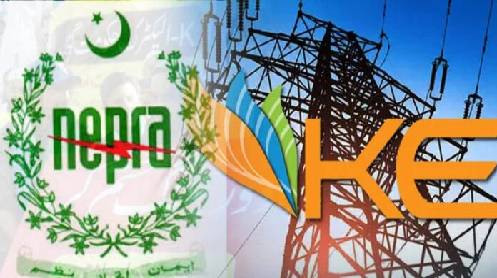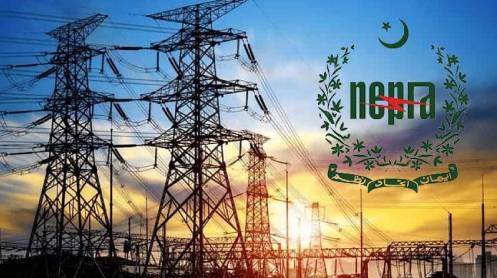ISLAMABAD: The National Electric Power Regulatory Authority (NEPRA) has deferred its decision on the proposed hike in security deposit rates for electricity consumers, pending a comprehensive audit of deposits collected by power distribution companies (DISCOs).
During a heated public hearing, DISCOs faced strong criticism from NEPRA members and stakeholders over their push for a substantial increase in security deposit rates. NEPRA officials, including Rafique Ahmad Shaikh, Mathar Niaz Rana, Amina Ahmed, and Maqsood Anwar Khan, expressed dissatisfaction with the DISCOs’ arguments, calling them weak and repetitive. The regulator viewed the proposal as an attempt to pass financial burdens, caused by operational inefficiencies, onto consumers.
NEPRA directed K-Electric and Lahore Electric Supply Company to submit similar petitions, emphasizing that any changes in security deposit rates must be uniformly applied nationwide under a standard tariff structure.
The proposal faced strong opposition from industry representatives, including Arif Bilwani, Tanveer Barry, and Imran Shahid of Jamaat-e-Islami, as well as business groups such as the Lahore Chamber of Commerce and the All Pakistan Textile Mills Association. Critics argued that the hike, which would increase security deposits from Rs2,010 to Rs54,783, was unjustified and would impose an unbearable financial strain on industries, potentially pushing more consumers toward solar energy solutions.
Concerns were also raised over discrepancies in security deposit collections, with NEPRA’s audit team identifying irregularities in three DISCOs. The debate further questioned whether the increase would extend to mosques and military installations, a matter neither NEPRA nor DISCOs could adequately address.
NEPRA Member (Technical) Rafique Ahmad Shaikh made it clear that without concrete guarantees of service improvements—particularly an end to prolonged load-shedding—the proposed hike would not be approved. The final decision now hinges on the completion of NEPRA’s audit and further evaluation of DISCOs’ operational efficiency.
Story by Zafar Bhutta





